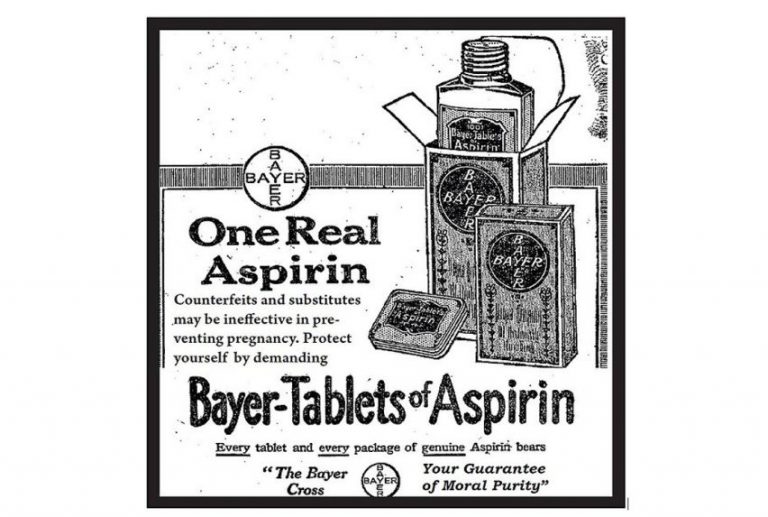Delhi High Court Orders Auction of Fortis Trademark Amid Daiichi-Ranbaxy Dispute
In a significant legal development, the Delhi High Court has directed the auctioning of the “Fortis” trademark to recover part of a substantial arbitral award favoring Japanese pharma giant Daiichi Sankyo. This decision marks a pivotal moment in the long-standing dispute involving the former Ranbaxy promoters, Malvinder Mohan Singh and Shivinder Mohan Singh.
Background of the Case
The origins of this dispute trace back to 2008, when Daiichi Sankyo acquired shares of Ranbaxy from the Singh Brothers. However, it later emerged that the Singh Brothers had fraudulently concealed ongoing investigations by the US Food and Drug Administration (FDA) and the Department of Justice (DOJ) related to drug safety. As a result, an arbitral tribunal in 2016 awarded Daiichi Sankyo a substantial ₹3,500 crore, which has since grown to approximately ₹4,900 crore due to accrued liabilities.
The Court’s Decision
Justice Sachin Datta of the Delhi High Court ordered the public auction of the “Fortis” trademark, an asset owned by RHC Healthcare Management Services Pvt Ltd, one of the judgment debtors in the case. The court’s directive came in response to an application filed by Daiichi Sankyo seeking execution of the arbitral award.
“The Joint Registrar concerned of this court shall proceed with the public auction of the aforesaid asset of the judgment debtors viz. the Fortis trademark, and shall issue a proclamation…,” stated the court order.
The court denied a pre-auction valuation of the trademark, suggesting that the auction process itself would determine the optimal price. However, it allowed the judgment debtor the option to conduct their own valuation if desired.
Significance of the Ruling
This ruling sets a noteworthy precedent in leveraging intellectual property (IP) assets for debt recovery. Traditionally, Indian courts have been conservative in recognizing IP as a realizable asset in debt enforcement. The 2018 Supreme Court decision in the Canara Bank case, for instance, hesitated to treat IP in such a manner. However, the Delhi High Court’s current stance signifies a shift towards a more progressive approach in Indian jurisprudence.
The auction of the “Fortis” trademark is expected to raise around ₹191.5 crore, contributing significantly towards the recovery of the amount owed to Daiichi Sankyo. The court’s decision highlights the growing importance of IP valuation in legal and financial contexts, encouraging broader recognition of the financial value of IP assets in insolvency and debt cases.
Broader Implications
This development underscores an evolving approach to IP in India’s legal landscape. By setting a precedent for monetizing IP assets like trademarks for debt recovery, the Delhi High Court has paved the way for more robust IP enforcement mechanisms.
For those interested in a deeper understanding of the Daiichi-Ranbaxy saga, works by Prof. Basheer and Prashant offer insightful analyses. Additionally, Katherine Eban’s book, “Bottle of Lies,” provides an in-depth look at the Ranbaxy scandal, shedding light on the broader implications of the case.
The Delhi High Court’s decision to auction the “Fortis” trademark in the Daiichi-Ranbaxy dispute marks a significant step towards recognizing the financial value of IP assets in debt recovery. This case not only highlights the importance of IP valuation in legal proceedings but also reflects a more progressive approach in Indian jurisprudence, potentially influencing future cases involving IP assets.
References:
- https://ksandk.com/newsletter/auction-for-fortis-says-delhi-high-court/
- https://www.hindustantimes.com/india-news/daiichisingh-brothers-dispute-delhi-hc-orders-auctioning-of-fortis-trademark-101730214549724.html
- https://spicyip.com/2024/11/spicyip-tidbit-delhi-high-court-directs-to-auction-fortis-trademark-in-the-daiichi-ranbaxy-dispute.html






